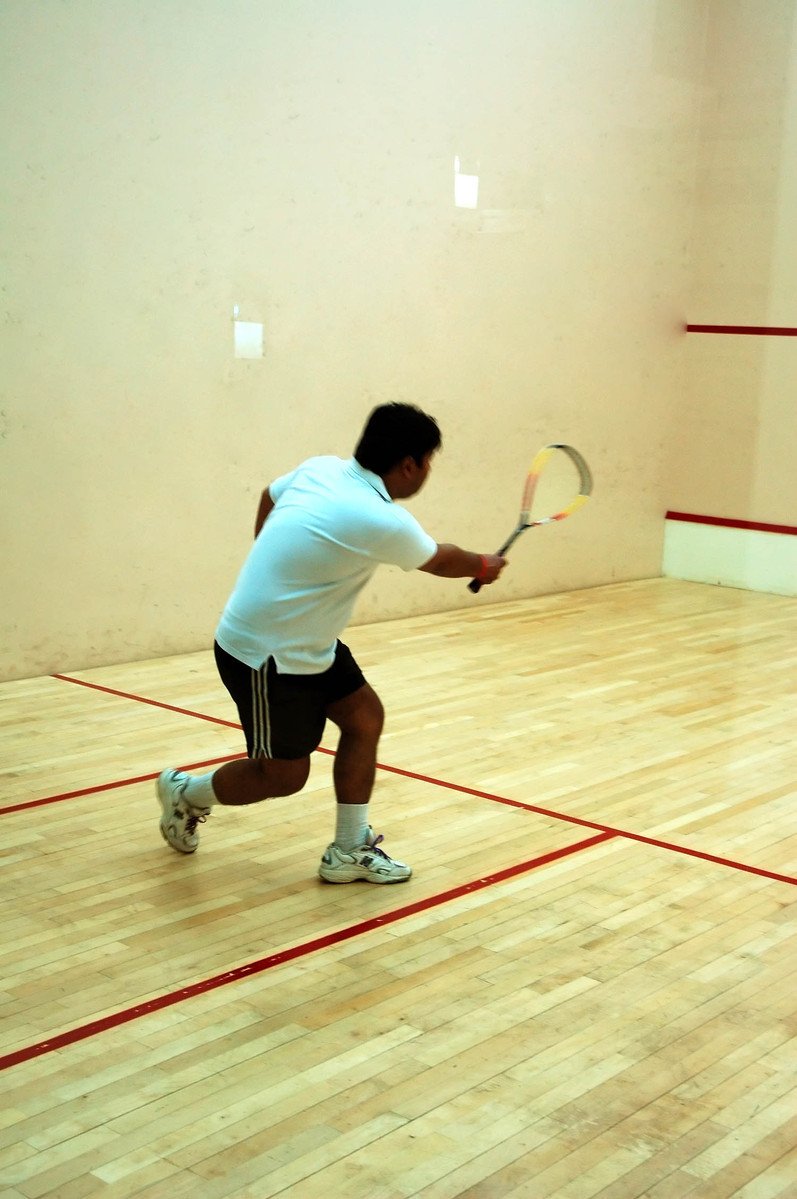

THE USPTO, together with the Patent Trial and Appeal Board (PTAB), isn't what it used to be. PTAB increasingly gets involved in examination itself, instructing examiners to reject applications while habitually citing 35 U.S.C. ۤ 101 (we used to give many examples of that, but we stopped some months ago). This means that it's already getting a lot harder for examiners to grant software patents unless they're disguised using vague buzzwords (in the US it's nowadays fashionable to add words like "cloud" or "blockchain").
"...it's hugely expensive (if not infeasible) to legally challenge entire pools like MPEG-LA's."Oppositions to US patents or patent applications appear to be on the rise (we have not seen all the associated figures*) and a couple of days ago we wrote about opposition to Google. Google is "trying to patent software," according to a new article which says that the "software in question is a compression technique called asymmetric numeral systems (ANS), and was devised by a computer scientist at Jagiellonian University in Poland, Jarek Duda, who says that he invented it in 2014."
Oddly enough, the EPO allowed compression algorithms to be patented, as Benjamin Henrion noted a few days ago in relation to this story. But would such patents survive a court's challenge? We very much doubt it, but such patents typically get bundled together with other software patents inside patent pools; it's hugely expensive (if not infeasible) to legally challenge entire pools like MPEG-LA's.
Anyway, the US courts will probably make up for the USPTO's failures when it comes to handling of such patents. In Blackberry v Facebook, based on this new article, it seems apparent that Facebook knows software patents are worthless, so citing Alice it challenges the very validity of BlackBerry's patents, no matter the alleged infringement thereof:
Facebook has turned to familiar counsel to defend a high-profile patent attack by BlackBerry Ltd.
Cooley partners Heidi Keefe, Mark Weinstein and Michael Rhodes say that four of the nine BlackBerry patents, asserted in March against Facebook messaging and notification technology, are eligible for patent protection under Section 101. The same triumvirate has represented Facebook in virtually all of its patent litigation.
The patents are directed at “ancient concepts—who gets a message, how it is sent and the manner of notification,” states Facebook’s motion to dismiss, filed Friday and signed by Keefe. “They take abstract concepts and apply them ‘on a computer.’ This is not enough to be patent-eligible.”
The 31-page motion includes visual aids, a staple of Keefe’s advocacy, including stock photos of an information kiosk at a shopping center and a stack of “while you were out” message pads.
[...]
Facebook’s motion to dismiss is premised on the Supreme Court’s Alice decision, which has been used to defeat numerous software technology patent suits at an early stage. But the U.S. Court of Appeals for the Federal Circuit recently held that Alice motions can involve fact issues that must be decided by juries. BlackBerry’s complaint includes detailed allegations that its inventions are not “well-understood, routine or conventional.”
As a matter of good practice, tech companies typically patent every idea they come up with, regardless of whether or not they plan to implement it. And with good reason, patent trolls love targeting tech firms in jurisdictions that tend to give frivolous lawsuits far more leeway than they otherwise deserve. Consequently, it’s not uncommon to come across downright bizarre patents that will never see the light of day. At the same time, sometimes you come across a quirky patent that is equal parts crazy and equal parts genius. A recent patent filing from Uber seems to encompass just that.
The court denied defendant's motion to reconsider an earlier order granting plaintiff's motion for summary judgment that the asserted claims of its pain treatment patents did not encompass unpatentable subject matter.
In 2014, the Supreme Court established a two-prong test for determining whether a patented invention claims patent-eligible subject matter under 35 U.S.C. €§ 101: first, courts ask whether the claim is directed to a patent-ineligible concept—i.e., a law of nature, natural phenomenon, or abstract idea; and if it is, they then search the claim for an “inventive concept” that is “sufficient to ensure that the patent in practice amounts to significantly more than a patent upon the [ineligible concept] itself.” Alice Corp. v. CLS Bank, Int’l, 134 S. Ct. 2347, 2355 (2014). Under the second prong, if the limitations of the claim only involve “‘well-understood, routine, conventional activit[ies]’ previously known to the industry,” it lacks the required “inventive concept.” Id. at 2359. Since Alice, district courts have been invalidating an unprecedented number of patents on €§ 101 grounds at the pleadings stage or on summary judgment.
Accused infringers can still cite numerous Federal Circuit cases affirming the invalidation of patents at the pleadings or summary judgment stage, and the court has stated that it casts no doubt on the propriety of those cases. See, e.g., Berkheimer II, 2018 WL 2437140, at *3. However, the Berkheimer and Aatrix line of decisions give patentees a powerful tool to fight against invalidation of their patents before trial.
Facebook denied building eye-tracking software in its response to questions from Congress released Monday but said if it ever did build out the technology, it would take privacy into account.
The social media company holds at least two patents for detecting eye movements and emotions, which it said "is one way that we could potentially reduce consumer friction and add security for people when they log into Oculus or access Oculus content." Oculus is a virtual reality platform that Facebook bought in 2014.
The company provided a written response to unanswered questions from Congress on its data use, privacy policy and its ad-based business model. Facebook CEO Mark Zuckerberg was asked about its technologies and potential uses by lawmakers during an appearance before Congress in April.